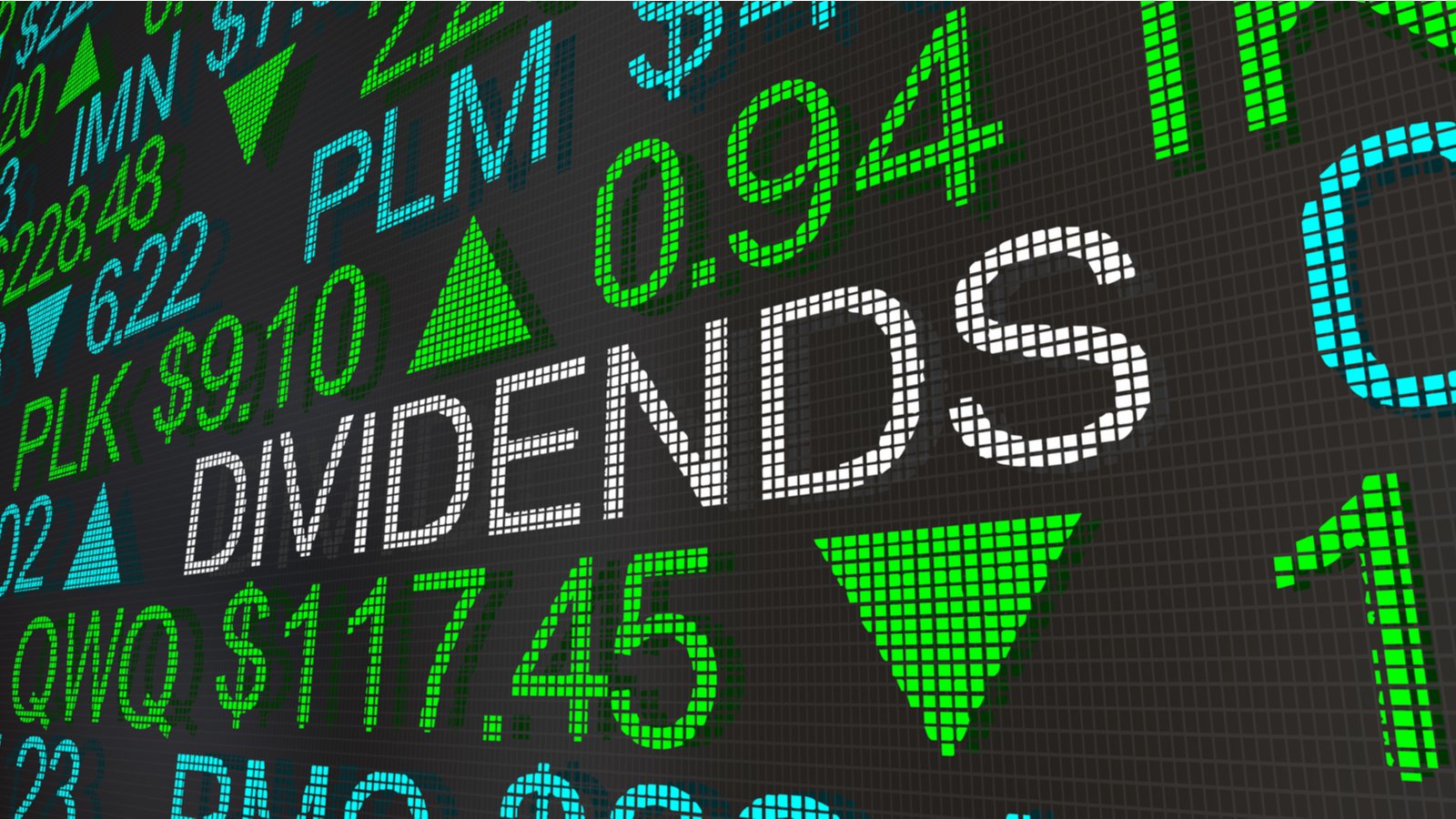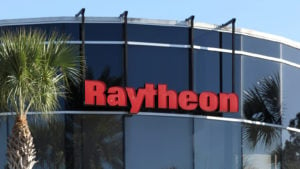
Investors could be undergoing a flight to safety to dividend stocks. The reasoning is simple. If the S&P 500 isn’t making a temporary pullback, we could see more defensive shares being scooped up by former growth investors. So far, this seems likely.
Despite the broad indexes losing value, there is still hope for some shares to appreciate. Most notably, undervalued dividend stocks. Investors can benefit from the high dividend yields these companies offer, as well as benefit from the short-term tailwinds of the market’s flight to safer ground. There are also some fundamental reasons why these companies will rise in the future.
So, here are the best undervalued dividend stocks you want to pick up in August.
RTX (RTX)

RTX (NYSE:RTX) is one of the largest U.S. defense contractors, with a market cap of $125 billion. The stock is down 15% year to date, but recent Q2 earnings showed record revenues of $18.3 billion, or up 12% year-over-year. RTX stock has an annual dividend of $2.36 per share (2.7% yield) with 30 consecutive years of increase. It also trades at 2023 earnings multiple of 17.4x, below its 5-year average of 19.8x, suggesting potential upside.
There are some tailwinds in the short term for this stock. It was awarded a $24 million contract for producing and delivering electric generators for the U.S. Army’s upgraded Abrams main battle tanks. As part of the Army’s System Enhanced Package version 3 (SEPv3), the Collins Aerospace-designed generators will deliver 50% more onboard power, enhancing the tank’s survivability and reliability.
Wall Street also believes its share will rise higher in the coming year. It has a consensus price target of $104.33.
Exxon Mobil (XOM)

Exxon Mobil (NYSE:XOM) is one of the largest energy conglomerates with a market cap of $434 billion, it has seen its stock rise 15% over the past 12 months, buoyed by increasing oil prices. The company is strategically committed to cutting costs, with a target of achieving $9 billion in structural cost reductions by the end of 2023.
As a dividend aristocrat, Exxon Mobil has increased its dividend for 40 years, currently offering a yield of 3.3%. Trading at 2023 earnings multiple of 12.4x and the stock implies an 11% upside, reflecting its undervalued position.
In the last quarter, Exxon Mobil has received mixed analyst ratings, with 2 bullish, 2 somewhat bullish, and 4 indifferent ratings. Over the past 3 months, 8 analysts have provided 12-month price targets, averaging $122.38, with a high of $131.00 and a low of $110.00. That makes XOM one of those dividend stocks you can’t afford to miss.
Pfizer (PFE)

Pfizer (NYSE:PFE), a pharmaceutical giant with a market cap of $207 billion, has seen its stock decline by 26% over the past year, largely due to reduced pandemic-related revenues. This downturn, coupled with investors’ concerns about replacing those revenues and upcoming patent cliffs, creates potential entry points for long-term investors.
With a dividend yield of 4.5% that has grown for 12 consecutive years and 2023 earnings multiple of 11x, the stock implies a 26% upside.
PFE stock may also fill a gap in many investors’ portfolios. It’s both a biotech stock (which offers growth) as well as operating in the healthcare segment (offering stability). If the market continues to trend lower, this unique operating segment mix may become increasingly important moving forward.
On the date of publication, Matthew Farley did not hold (either directly or indirectly) any positions in the securities mentioned in this article. The opinions expressed are those of the writer, subject to the InvestorPlace.com Publishing Guidelines.




